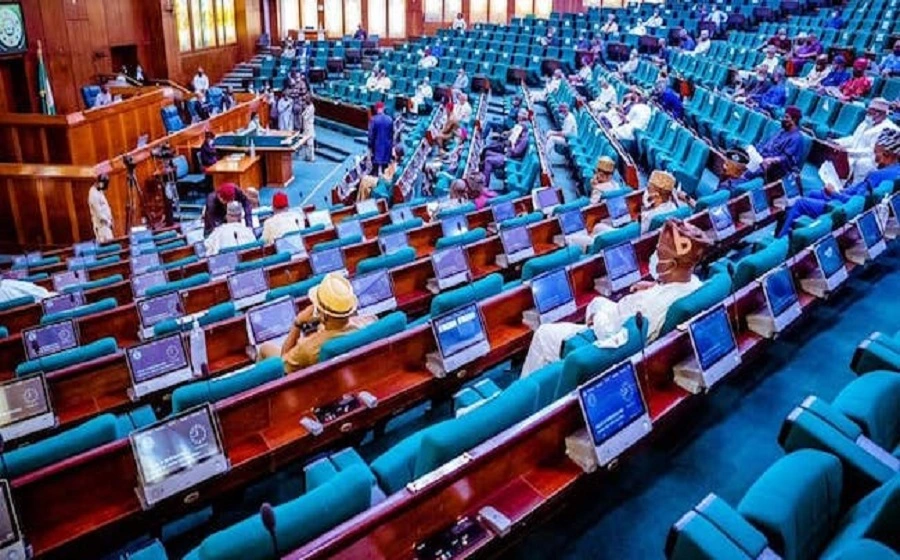A bill aimed at amending Section 49 of the 1999 Constitution of the Federal Republic (as amended) to allocate six special seats for women and people living with disabilities (PWDs) has been introduced in the House of Representatives.
Titled “Constitution of the Federal Republic of Nigeria, 1999 (Sixth Alteration) (Six Special Seats for Special Interest Groups) Bill, 2024 (HB.1811),” the bill was presented for its first reading during plenary on Wednesday.
Sponsored by House Spokesman, Akintunde Rotimi (Ekiti, APC), the proposed amendment seeks to increase the total number of representatives in the House from 360 to 366, with the additional six seats specifically reserved for women and PWDs.
According to the bill, the special seats would be distributed evenly across Nigeria’s six geopolitical zones, ensuring one representative from each group per region. Candidates for these seats must meet all qualifications required for regular House members.
Elections for these roles would be conducted through an electoral college made up of members from the National Associations of each special group, with contributions from grassroots and regional levels in a multi-tiered election process.
Once elected, the representatives would serve the same term as other House members and receive equivalent benefits, as outlined in the bill.
Rotimi stated that the bill aims to enhance representation for women and individuals with disabilities, who often encounter significant barriers to political participation.
“The inclusion of these special seats will ensure that the voices of underrepresented groups are heard at the national level, creating a more balanced and inclusive legislative framework for Nigeria,” he said.
Recall that the Speaker of the House, Abbas Tajudeen, on Monday proposed a constitutional amendment to reserve legislative seats for women and ensure their inclusion in joint tickets for executive roles.
In a related development, the National Institute for Legislative and Democratic Studies (NILDS) has described the representation of women in Nigeria’s National Assembly, currently at less than 10%, as “embarrassing.”
Titilayo Daniel, a representative of NILDS, voiced this concern yesterday during a town hall meeting in Sagamu, Ogun State, focusing on female legislators’ outreach titled “Enhancing Women Political Representation.”
Addressing over 100 grassroots female politicians, Daniel highlighted the “stark gender disparity” in the National Assembly. She stated, “Women make up less than 10% of the members of the National Assembly, meaning that the voices of more than half of our population are largely absent from critical decision-making bodies. This is an embarrassing statistic for Nigeria compared to other African countries like Rwanda, which has 61.3% representation.”
Daniel noted that Nigerian women continue to face numerous obstacles to political participation, citing structural barriers and discriminatory laws.

 Join Daily Trust WhatsApp Community For Quick Access To News and Happenings Around You.
Join Daily Trust WhatsApp Community For Quick Access To News and Happenings Around You.


